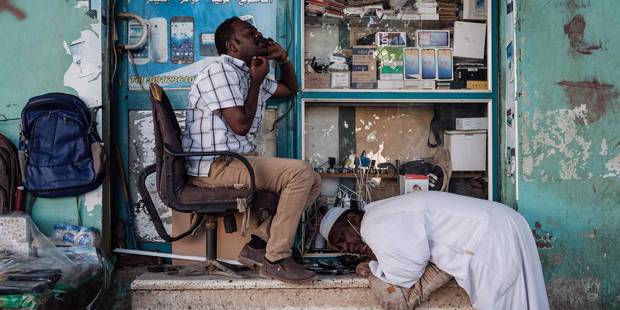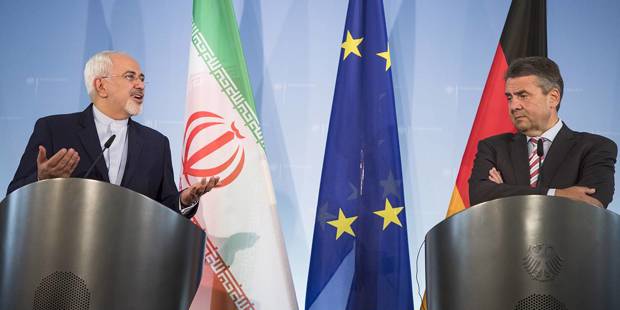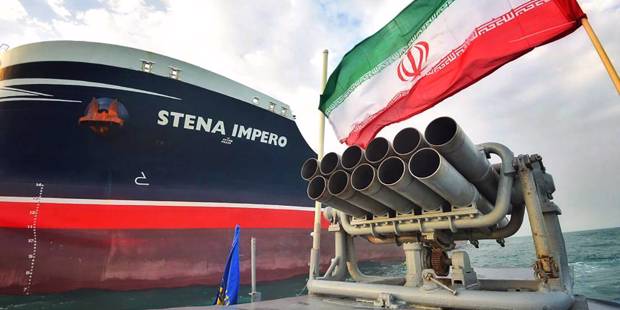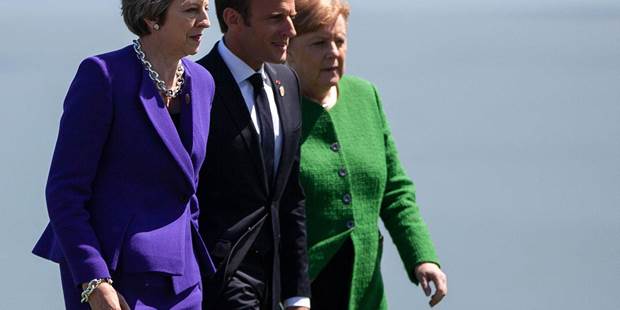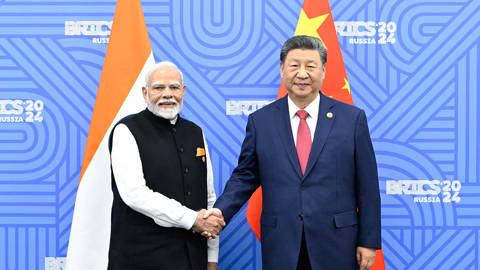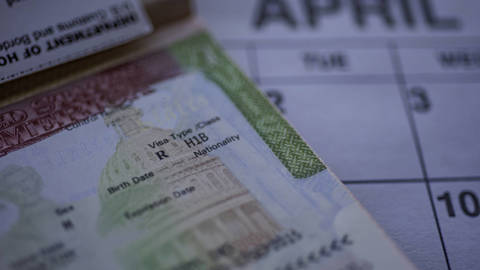Embracing Europe’s Power
I like Borrell’s article and approach. Learning the language of power (I would probably rather say the grammar of it, but this is purely semantic) is indeed needed. And also the important statement that the EU has more power (or instruments to wield influence) than it is aware of, or prepared to use. Three brief thoughts from my side:
First, the main question unanswered (in the article, and you can’t expect it to be all answered in one op-ed) is how actually to use these instruments in line with our priorities. Implement the arms embargo on Libya: Right. But, short of sending troops to patrol the airspace and control Libya’s land border, which I don’t think we can do. Maritime borders: yes, we can, but this would at best prevent arms deliveries to one side. What kind of pressure are we prepared to use for this priority? Hard pressure on Egypt and the UAE? Again, Borrell is right: we would have strong, mainly economic instruments in our arsenal. But to use them would be a hard choice between different priorities.
Second, also about our instruments: Borrell rightly deplores issue-linkage by the US, China, etc., but the question we would need to explore is: if that is the mode of action that the great powers use, do we have to learn from it? Particularly given that the EU would be well positioned to do that. Access to the Single Market is a powerful instrument. Would we use that to achieve political/geopolitical goals such as (to stay with the same example) dissuading Egypt from delivering arms to Libya? Worth a discussion, I think.
Third, Borrell also rightly warns of dispersion (trying to do a little bit of everything). I agree. But does that in essence mean to clearly set our priorities in Europe’s immediate strategic environment? What if partners in Southeast Asia ask us to demonstrate commitment to their independence? Partners who are as concerned as we are about more assertive Chinese actions, and (again as us Europeans) don’t want to be dragged into binary choices (such as restricting trade with China if you rely on US security guarantees), and partners we also urgently need to maintain a rules-based international order? Are we prepared (this question actually goes more to nation states, particularly my own, than to the EU) to send the symbolic frigate to show military presence (it would be symbolic, we won’t have a German, French, or EU Pacific Fleet that could really deter China regionally, let alone fight in that region)? Or is that dispersion, particularly because it is symbolic. And we would rather use the frigate to control arms proliferation in the Mediterranean, reassure partners in the Baltics or the Black Sea, or guard tanker traffic in the Persian Gulf.
